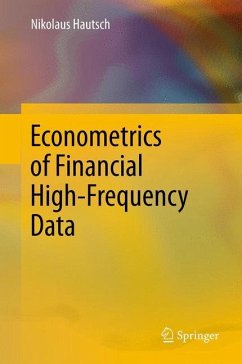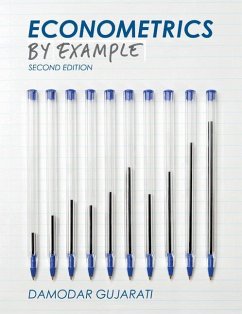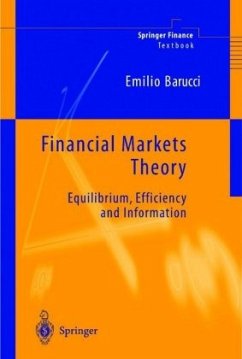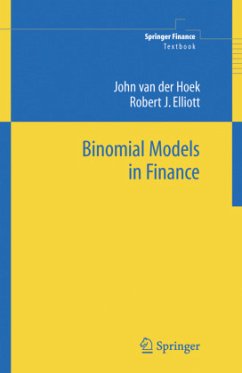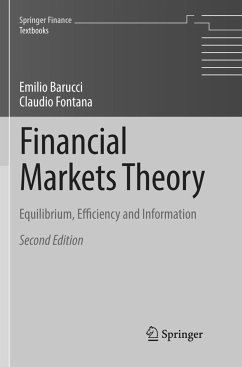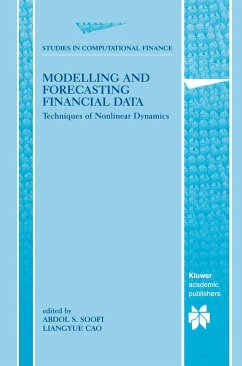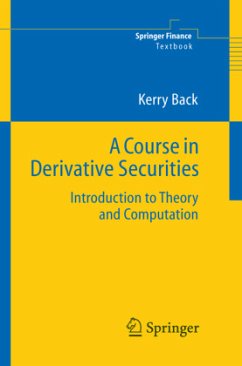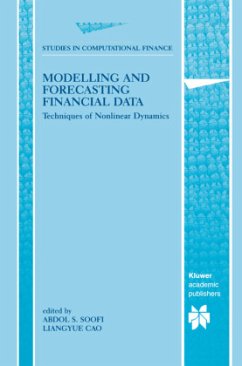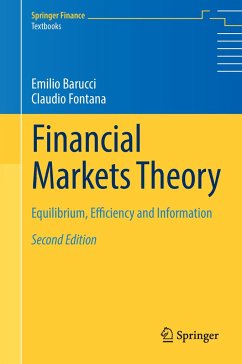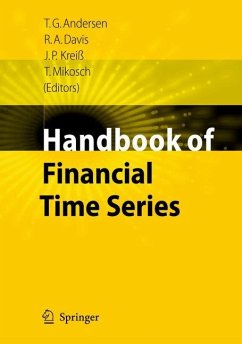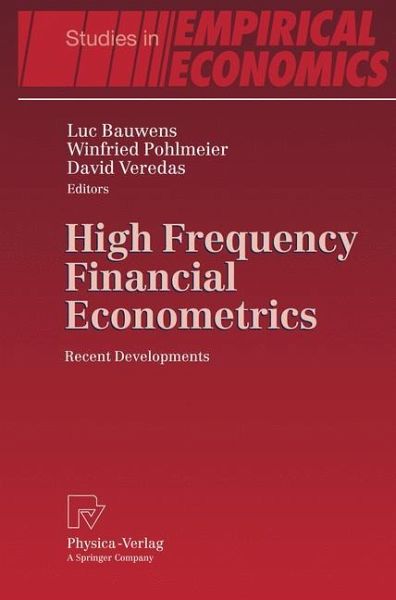
High Frequency Financial Econometrics
Recent Developments
Herausgegeben: Bauwens, Luc; Pohlmeier, Winfried; Veredas, David

PAYBACK Punkte
38 °P sammeln!
In this paper, we propose a new econometric approach to jointly model the time series dynamics of the trading process and the revisions of ask and bid prices. We use this model to test the validity of certain symmetry assumptions very common among microstructure models. Namely, we test whether ask and bid quotes respond symmetrically to trade-related shocks, and whether buyer-initiated trades and seller-initiated trades are equally informative. In essence, the procedure we propose generalizes Hasbrouck's (1991) vector autoregressive model for signed trades and changes in the quote midpoint by ...
In this paper, we propose a new econometric approach to jointly model the time series dynamics of the trading process and the revisions of ask and bid prices. We use this model to test the validity of certain symmetry assumptions very common among microstructure models. Namely, we test whether ask and bid quotes respond symmetrically to trade-related shocks, and whether buyer-initiated trades and seller-initiated trades are equally informative. In essence, the procedure we propose generalizes Hasbrouck's (1991) vector autoregressive model for signed trades and changes in the quote midpoint by relaxing the implicit symmetry assumptions in his model. The properties of the empirical model are derived from a structural dynamic model for ask and bid prices. In this model, ask and bid prices share a common lung-run component, the efficient price. The long-term value of the stock varies due to buyer-initiated shocks, seller-initiated shocks, and trade-unrelated shocks. The transitory components of ask and bid prices are characterized by two correlated and trade-dependent stochastic processes, whose dynamics are allowed to differ. The trading process is endogenous. Buyer and seller-initiated trades are generated by two idiosyncratic but mutually dependent stochastic processes. The generating processes of quotes and trades both depend on several exogenous variables that feature the trades and the market conditions.



